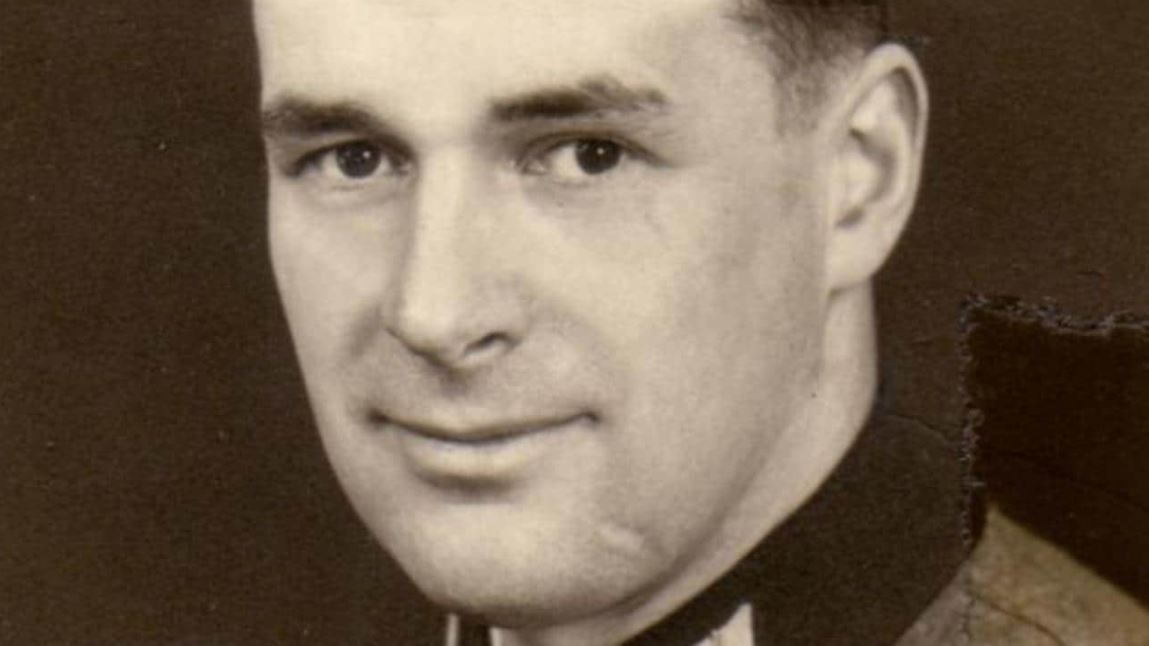Sometimes it feels as though we’re almost Nazi-ed out. Nazi wives, Nazi occultists, the Nazis and drugs, great tomes on World War II, and in recent years some utterly brilliant work tracing the lives, escapes and deaths of undoubted war criminals. You almost feel for the scholar with a Nazi bee in his or her bonnet, looking around and wondering whether their cherished project offers anything new.
There must have been points in the half-decade that it took to research and write this book that Daniel Lee, a senior lecturer in history at Queen Mary University of London, pondered that question. As he pored through archives in several cities, pestered reluctant homeowners to let him see interwar properties, took yet another train to Prague or Stuttgart, did he say to himself: “Is my quest really worth it?” If so, I think I can reassure him. It is immediately obvious why he embarked on this. Who wouldn’t? A young historian staying in Florence, his PhD just published, Lee found himself at a dinner party with Veronika, a young Dutch woman. She told him a story about how her mother had recently taken an old armchair to be reupholstered in Amsterdam. The chair was indignantly returned to her by the upholsterer because he had found, stitched inside its seat, a series of documents bearing the emblems of the Third Reich. The documents belonged to a man called Robert Griesinger, holding the rank of Obersturmfuhrer in the feared SS, and appeared to have been hidden there in 1945 when the chair was in Prague. It was in a junk shop there in 1968 that Veronika’s mother had bought it. Was Lee interested in following it up? He most certainly was.
Perhaps if, at the outset, he’d known who Dr Robert Griesinger really was, he wouldn’t have bothered. Griesinger was by no remote stretch a Mengele or an Eichmann, he wasn’t a concentration camp commandant or a murderer. You’d never be able to make a thriller out of his life. He was, despite his title, a man of very little importance, essentially a mediocre provincial lawyer who served the Third Reich as a mid-level bureaucrat, oiling its quotidian moving parts.
Read the article by David Aaronvitch in The Australian (from The Times).

